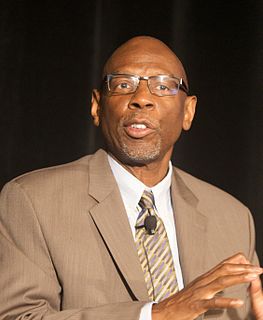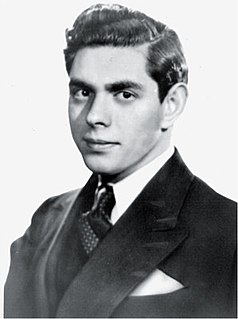A Quote by Patricia Briggs
I like to have a hero a little underpowered. I mean, Spiderman is far cooler than Superman. How do you challenge Superman?
Related Quotes
Superman didn't become Superman. Superman was born Superman. When Superman wakes up in the morning, he's Superman. His alter ego is Clark Kent. His outfit with the big red "S", that's the blanket he was wrapped in as a baby when the Kents found him. Those are his clothes. What Kent wears - the glasses, the business suit - that's the costume. That's the costume Superman wears to blend in with us. Clark Kent is how Superman views us. And what are the characteristics of Clark Kent. He's weak... he's unsure of himself... he's a coward. Clark Kent is Superman's critique on the whole human race.
The thing with Superman is that he's completely emotionally open to the reader. Meaning what he tells you is what he's feeling; there's a transparency there. And what he tells other characters is usually as transparent as can be. What he says he believes in. So there's an honesty that is both really inspiring writing the character. One thing I love about Clark Kent is that there is a badassery that you don't see a lot. Even as Superman, he's always kind of restraining himself. When you challenge him, I think there's nobody that has a stronger spine than Superman.
I remember it when I used to go out, I used to dress as Superman, but then I used to dress as Superman dressed as Clark Kent. So, actually, I would be like a little seven-year-old boy going out in a business suit. But I would never expose the fact that I was Superman, but I knew, that should there be any trouble, I could take care of it.
Certainly, for younger guys, Superman is this mythological character that they've thought about and explored in their imaginations... But one thing I really like about Superman fans is that they're so open-minded and excited and honest. There's something beautiful about their enjoyment of it - something very Superman-like.
American writers often say they find it difficult to write Superman. They say he's too powerful; you can't give him problems. But Superman is a metaphor. For me, Superman has the same problems we do, but on a Paul Bunyan scale. If Superman walks the dog, he walks it around the asteroid belt because it can fly in space. When Superman's relatives visit, they come from the 31st century and bring some hellish monster conqueror from the future. But it's still a story about your relatives visiting.
It's not like I walk around being Superman in real life. But when you read the script and put yourself in the position that Superman is in - I mean, he's always saving the planet, for God's sake. When you realize that, it's not difficult to take the gravitas of the situation and make your voice do what it needs to do.
I found very interesting - trying to separate the different facets of Superman in that way. When you're aware of how people perceive you, you can't always remain true to yourself, and that was an interesting thing for me to apply to the character as well - exploring these different facets of his personality while having certain bits of it stripped away. The arrogance of a person who would have the kind of power that Superman does - we see that in The Return of Superman. Superman is not that character, but since he has all of those powers, he has that capacity for arrogance.
I understand the rules of Superman - not necessarily better than anyone else - but better than a normal filmmaker would. After doing 'Watchmen' and digging that deep into the why of superheroes, when Superman is presented to you, I felt like I was in a unique position to say 'I get this guy. I know what this is.'





































